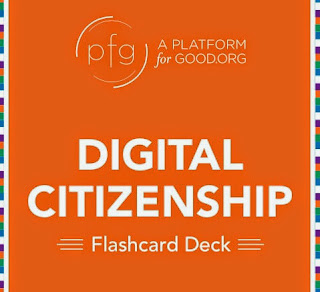Nkong Bushman at the age of 13 was still tiny. Typical of his people group. The first time I saw him was at dusk, moving like a dart across a sweltering dust-cloud football field. Neither his size, light skin nor name deterred him. He was going to get a goal.
I had been living in the central Kalahari desert for just over a year, teaching at a junior secondary school called Lehutshelo. It was a bit of an experiment, funded by the World Bank in response to fundraising by local communities–a type of private public partnership. Peace Corps, World Universities Services Canada (WUSC), local and British Council teachers came together in this fledgling school in a remote community.
The Board of Governors and the principal were remarkable people. The latter, an Oxford graduate in English and former president of the student union.
He was standing beside me, commenting on Nkong.
The boy had achieved the best primary school results in the nation. He was one of my top students: a total joy to teach, gloriously mischievous, and yet winsome. What made him remarkable?


















































